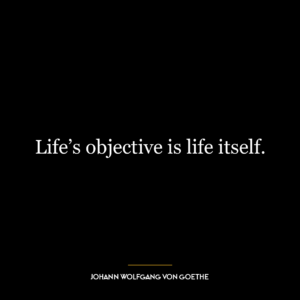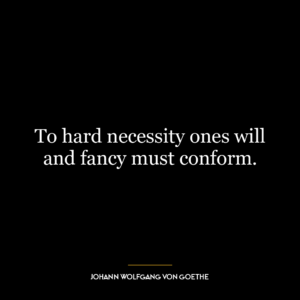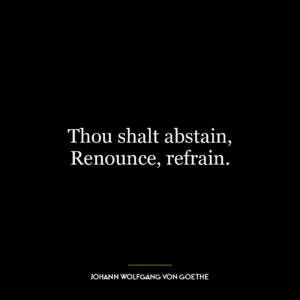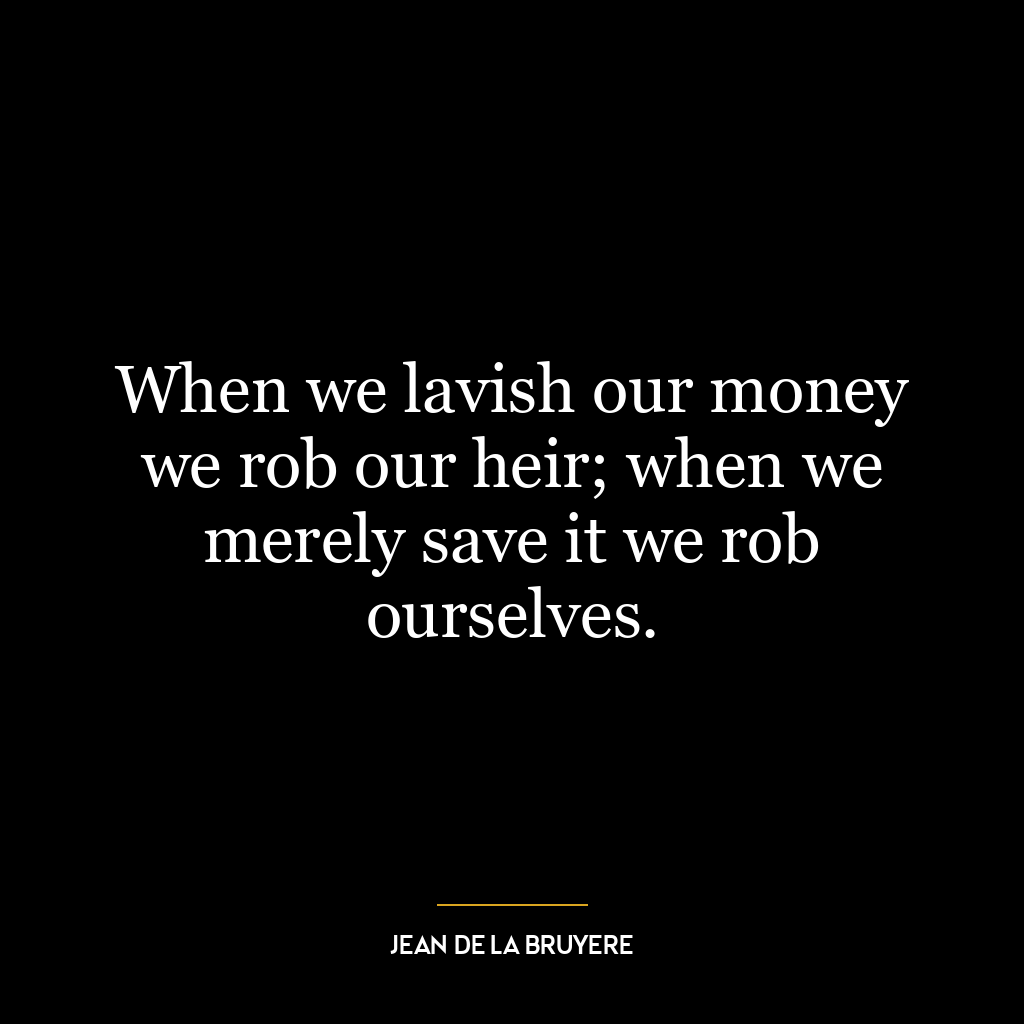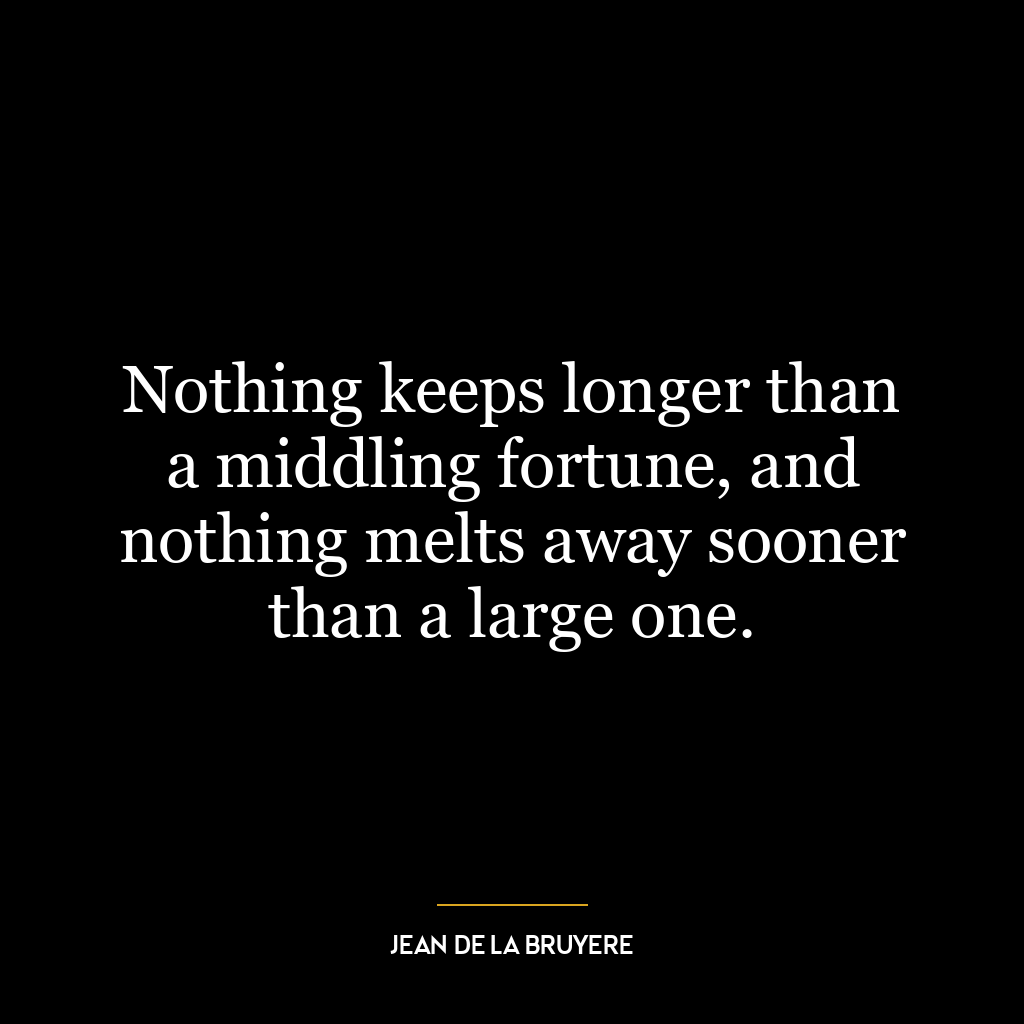Great possessions and great want of them are both strong temptations” is a profound statement that delves into the human psyche and the nature of desire and materialism. The quote essentially suggests that whether one has a lot of possessions or is in great need of them, both situations can lead to temptation.
On one hand, having great possessions can be a temptation as it can lead to excessive attachment, greed, and the fear of loss. These possessions could be anything from wealth, power, fame, or material goods. The more one has, the more one might want, leading to an endless cycle of desire and dissatisfaction. This can also lead to a sense of entitlement, arrogance, or a lack of empathy towards those who have less.
On the other hand, the great want of possessions can also be a strong temptation. This could lead to feelings of envy, resentment, and a constant sense of lack or dissatisfaction. It can drive people to go to extreme lengths to acquire what they desire, sometimes leading to unethical behavior.
Applying this to today’s world, we can see this concept manifest in various forms. In the era of social media and consumerism, people are constantly bombarded with images of wealth, success, and luxury, leading to an increased desire for possessions. This can lead to a culture of materialism, where one’s value is determined by what they own.
In terms of personal development, this quote can serve as a reminder to maintain balance and not to let possessions or the desire for them control our lives. It encourages us to find contentment and value in things that are not materialistic, such as relationships, experiences, and personal growth. It also warns us of the potential pitfalls of both extreme wealth and extreme poverty, suggesting that a balanced, moderate approach to possessions might lead to a more fulfilling and ethical life.



